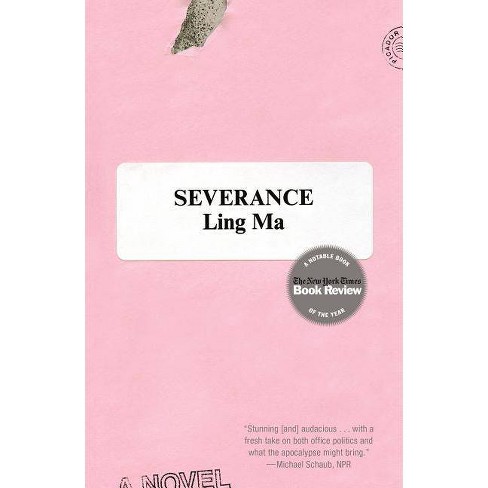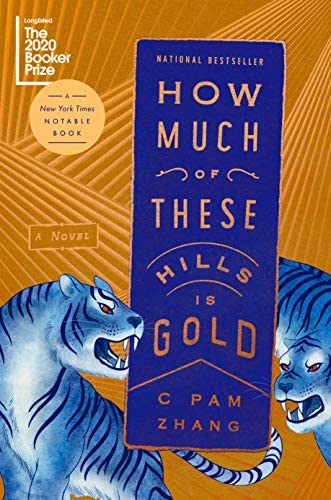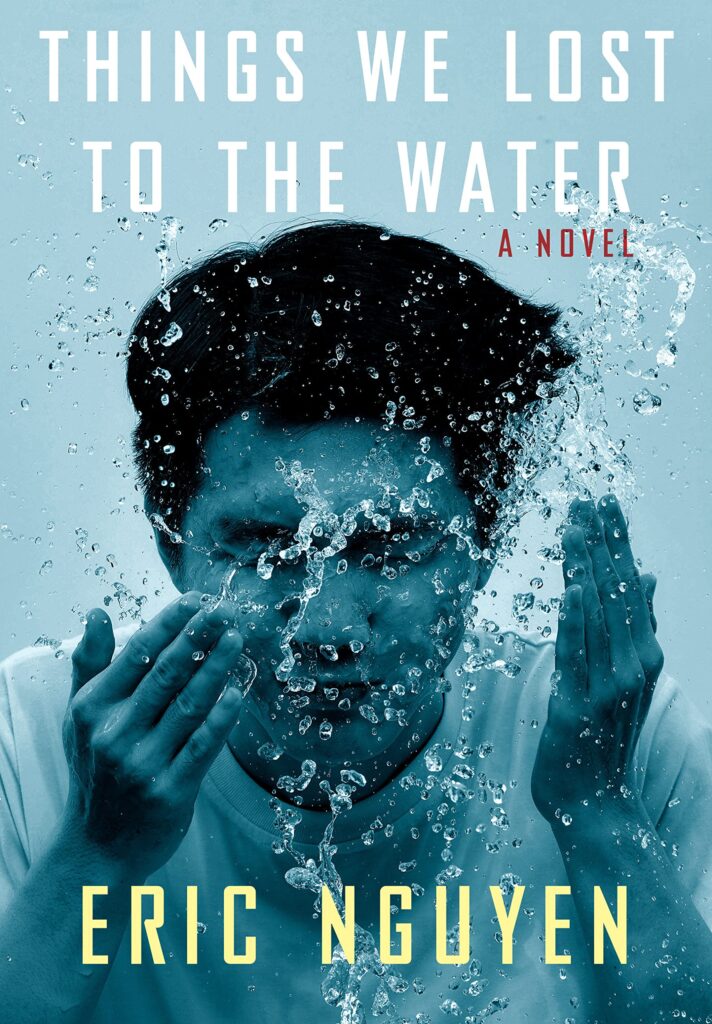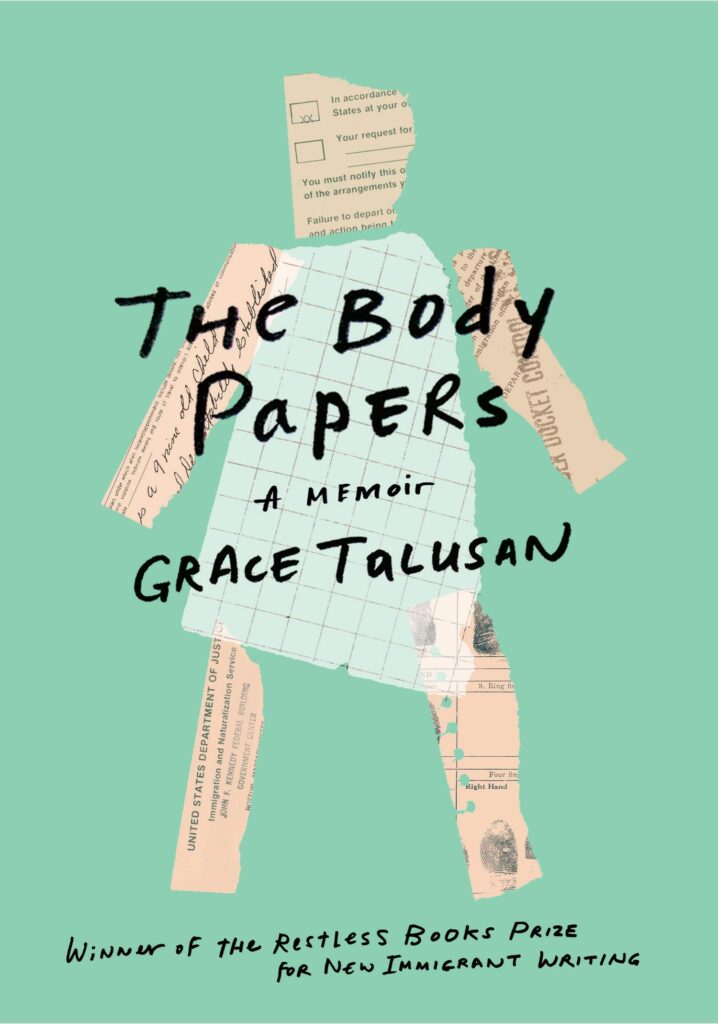BY Amanda Moses
May marks Asian American and Pacific Islander (AAPI) Heritage Month, a commemorative period when we recognize the numerous and influential contributions Asians have made as well as honoring their history, culture, and traditions.
In honor of this month-long celebration, the Spring Creek Sun is highlighting extraordinary AAPI authors who’ve lent their voices to showcase their experience with racism, immigration, and more.

Ling Ma’s Severance is perhaps the perfect pandemic read since it too deals with a deadly virus, except the novel’s version, Shen Fever, turns its victims into zombies. Unlike the standard brain eating zombies we’re used to in horror movies, this ailment forces the person into a zombie state where they are continuing to repeatedly perform a familiar task—one that they perform until they die. The narrative follows Candace, a lone New York survivor photographing the pandemic. Ling Ma is a Chinese American author and winner of the 2018 Kirkus Prize and New York Times Notable Book of 2018.

C Pam Zhang’s How Much of These Hills Is Gold is an adventure tale following two siblings trying to survive during the end of the Gold Rush Era. After their father dies, siblings Lucy and Sam flee their Western mining town in hopes of providing a proper burial for their father and find a home. It is through their journey of the ravaged Western land that they underscore race, immigration, and the historical barriers Chinese Americans faced. C Pam Zhang is an American writer and finalist for the Lambda Literary Award and long-listed for the 2020 Booker Prize.

Eric Nguyen’s Things We Lost to the Water is a novel about a Vietnamese family who immigrates to the United States, but during that process they had to leave behind their father, Cong. While his wife Huong attempts to raise her two sons on her own in New Orleans; however, she has no job or home. Huong comes to the realization that her husband will never be able to come back home, and her sons must grow up with the looming shadow of their father while also trying to adapt to a new country.

Grace Talusan’s The Body Papers explores the complicated, tedious, and nerve wrecking experience dealing with important government documents and how it affects our lives. Talusan was born in the Philippines, her family moved to New England where she spent her childhood. She learns that her family is undocumented, which means she has to be very careful not to expose their status; however, facing sexual abuse from her grandfather, Talusan feels that she cannot report it for fear of bringing government attention to her family. The Body of Papers showcases mental health, immigration, and how documentation had an impact on every choice she made.

Kirstin Chen’s Counterfeit highlights the lives of two different Asian women who get caught up in a counterfeit purse scheme. Ava Wong appears to have it all, a law degree, and is married to a successful surgeon and they have a little boy together; however, on the inside her marriage is falling apart and she has not been able to put her degree to use since she is at home taking care of her son. Wong is reunited with a former Stanford law classmate, who mysteriously dropped out of school and is now a confidant and successful woman draped in luxury goods. But how did she get is all?



